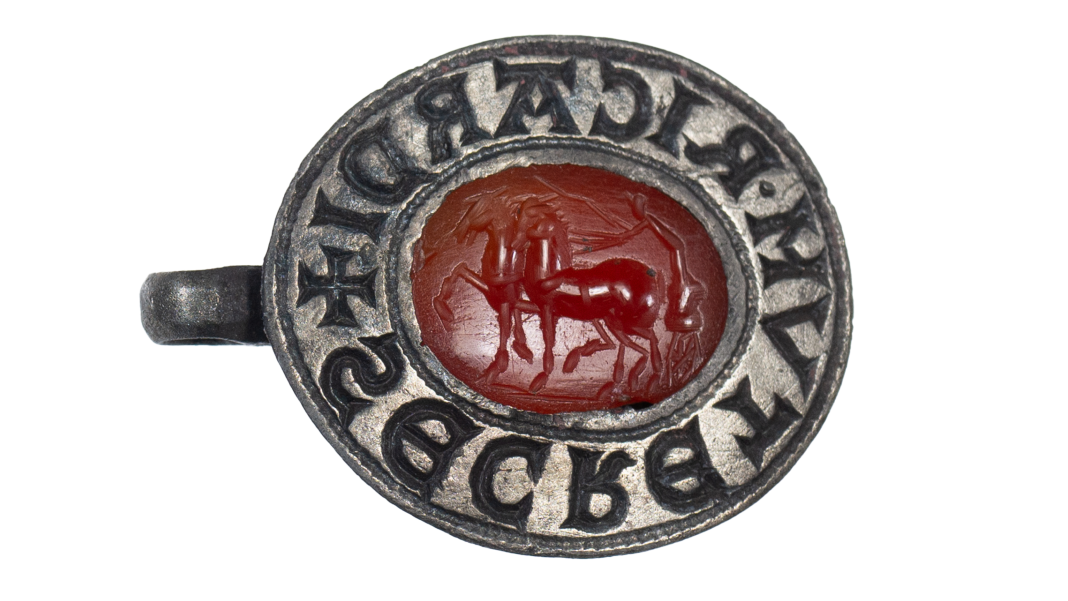Pet Store Puppies Tied to New Outbreak of Drug-Resistant Bacteria
So far, the outbreak has sickened 30 people in 13 states.

Sure, that puppy in the window is cute, but the little furball might make you sick — puppies sold in pet stores have been linked with a new outbreak of a multidrug-resistant bacterial infection, according to health officials.
This week, the Centers for Disease Control and Prevention (CDC) announced that it is investigating an outbreak of Campylobacter — a type of bacteria that causes diarrhea — that is linked with pet store puppies.
So far, the outbreak has sickened 30 people in 13 states. These individuals fell ill between January and November 2019, and four people were hospitalized.
Related: 11 Ways Your Beloved Pet May Make You Sick
Most of the ill people reported contact with puppies, including at least 15 people who had contact with pet store puppies. Twelve people specifically reported contact with puppies sold at Petland, a national pet store chain; and of these, five were employees of Petland.
An infection with Campylobacter is one of the most common causes of diarrheal illness among people in the U.S., according to the CDC. Most U.S. infections with the bacteria are tied to eating contaminated food, but the disease can also spread through contact with feces from dogs or cats.
Symptoms of Campylobacter infection usually begin within two to five days of exposure to the bacteria and include diarrhea, fever, stomach cramps, nausea and vomiting.
Get the world’s most fascinating discoveries delivered straight to your inbox.
The particular strain of Campylobacter causing this outbreak appears to be resistant to some commonly used antibiotics, the CDC said.
A similar outbreak of Campylobacter infections tied to pet store puppies occurred in 2016 through 2018, which ultimately sickened more than 100 people in 17 states. The strain causing the current outbreak is closely related to the 2016-2018 outbreak strain, the CDC said.
To reduce the risk of Campylobacter infection, the CDC recommends people thoroughly wash their hands with soap and water after touching puppies or dogs, and after handling their food or cleaning up after them. People who get a new puppy or dog should also take it to a veterinarian within a few days for a health checkup, the CDC says.
- 10 Things You Didn't Know About Dogs
- 7 Surprising Health Benefits of Dog Ownership
- 10 Deadly Diseases That Hopped Across Species
Originally published on Live Science.


Rachael is a Live Science contributor, and was a former channel editor and senior writer for Live Science between 2010 and 2022. She has a master's degree in journalism from New York University's Science, Health and Environmental Reporting Program. She also holds a B.S. in molecular biology and an M.S. in biology from the University of California, San Diego. Her work has appeared in Scienceline, The Washington Post and Scientific American.
 Live Science Plus
Live Science Plus





